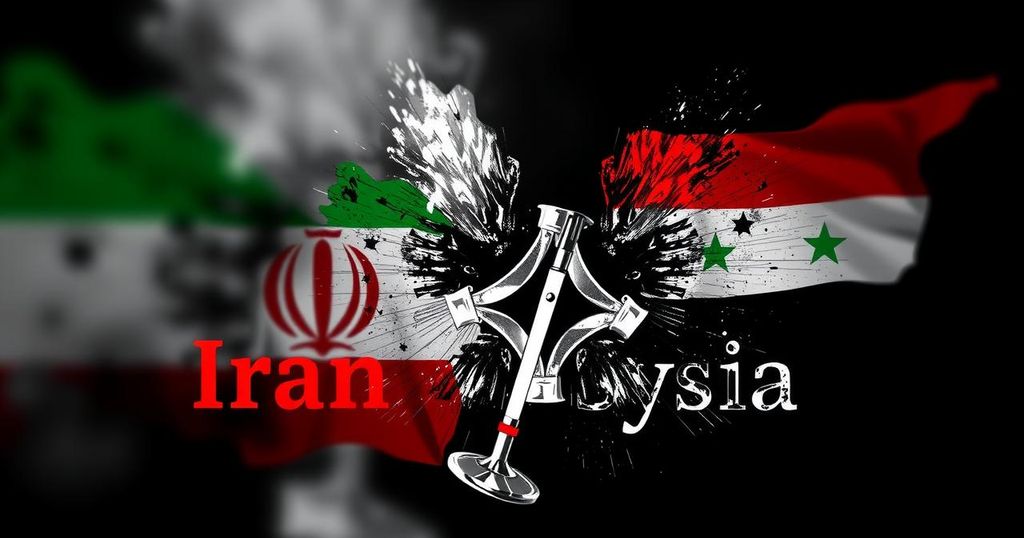Iran and Syria Renew Chemical Weapons Development Amid Growing Threats

Iran and Syria are reportedly enhancing their chemical weapons capabilities, while Russia is accused of using such weapons in Ukraine. This resurgence represents a critical shift in regional military dynamics, necessitating urgent international attention and intervention to address this growing threat.
Recent intelligence has indicated a troubling reversal in the status quo concerning chemical weapons in the Middle East. Not only is Iran reportedly advancing its development of chemical weapons with pharmaceutical bases, but Syria is also revitalizing its chemical capabilities. Concurrently, Russia’s reported use of chemical weapons in Ukraine raises serious concerns regarding the proliferation of these destructive arms. Analysts assert that the threat of chemical warfare now looms over the region as international vigilance wanes in the face of evolving military technologies.
The historical context of chemical weapons in the Middle East is marked by longstanding conflicts and the strategic interests of various nations. Iran and Syria, both vital players in regional geopolitics, have been subject to international sanctions aimed at curtailing their military ambitions. However, recent reports suggest a resurgence in their initiatives to develop chemical weaponry. Meanwhile, the implications of Russia’s military strategies in Ukraine further complicate the landscape, potentially influencing alliances and military capacities in the region.
In summary, the renewed focus on chemical weapon development by Iran and Syria poses a significant threat, even as global attention remains fixated on nuclear proliferation. The combination of these factors necessitates an immediate reevaluation of international strategies to manage and mitigate the risks associated with the resurgence of chemical warfare in the Middle East. Policymakers must prioritize diplomatic and practical measures to curb these advancements before they escalate into broader conflicts.
Original Source: www.haaretz.com








